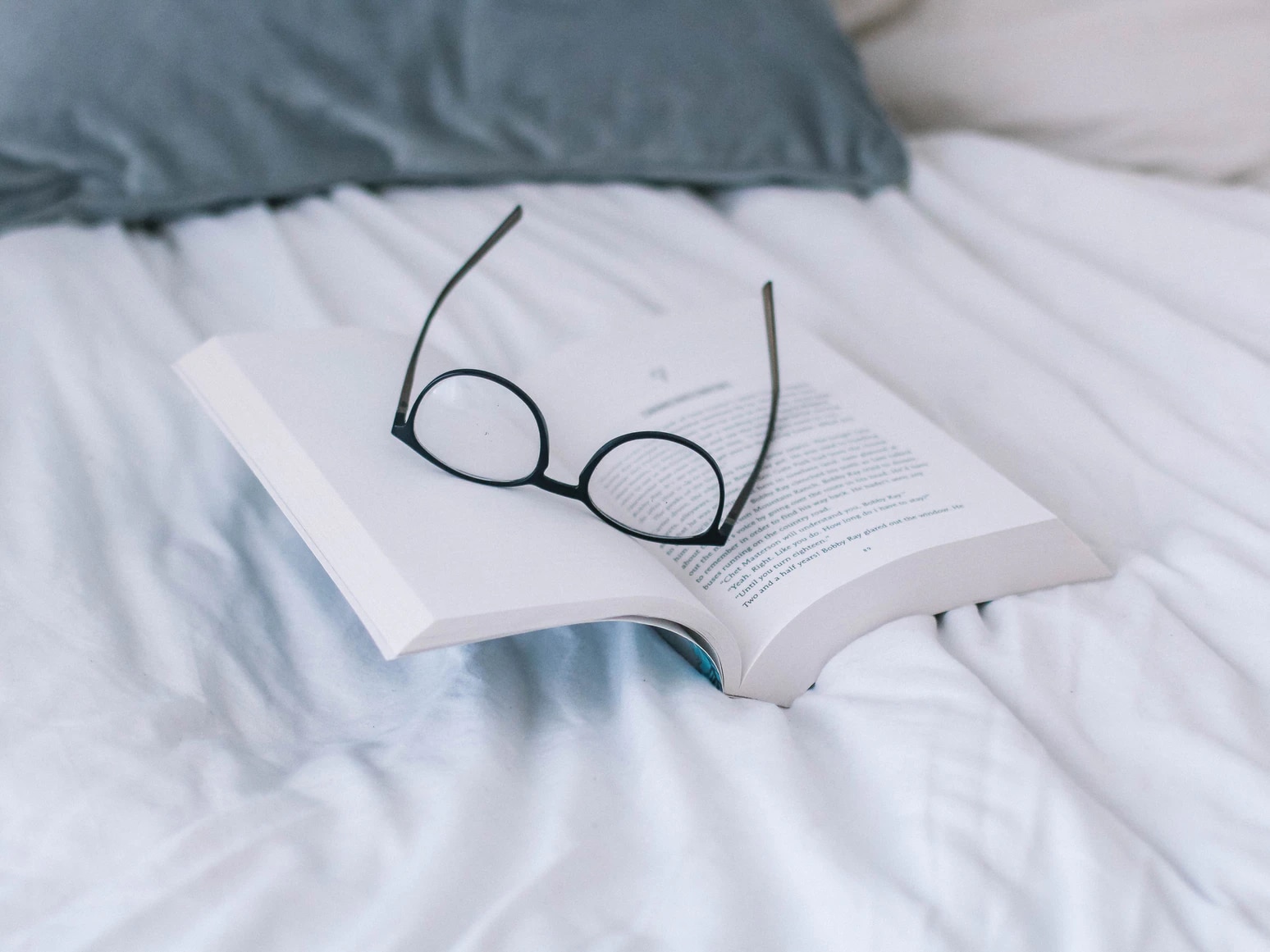Sleep is one of the pillars of good health. When our sleep is on track, our immune system works properly, we maintain a healthy weight, and are able to stay focused throughout the day.
When we sleep poorly, our immune system suffers, we feel more stress, and we’re more likely to put on weight.
But sometimes, getting a good night’s sleep can prove tricky. With distractions like social media stealing our focus, and 74% of the UK suffering from stress, sleeping well isn’t as simple as it sounds.
Sleep can be one of the first factors to slip from our healthy lifestyle, and it can be tempting to overlook getting the recommended eight hours in favour of late nights or excessive work.
The good news is, there’s a solution.
We’ve collated some of our top tips for getting a good night’s sleep, so you’ll never have to worry about missing out on all-important shut-eye ever again.
Invest in an Adjustable Bed
Opting for a comfortable bed is key to getting a good night’s sleep. Adjustable beds such as Flexispot’s adjustable bed base offer a solution for even lifelong insomniacs since they reduce factors that negatively impact sleep quality, such as sleep apnea and snoring.
The adjustable headboard adjusts to the perfect angle for reading or journaling before drifting off, allowing you to get into relaxation mode slowly throughout the evening. If you’ve struggled with getting enough sleep, or your pillows never quite lift your head as high as you’d like, try an adjustable bed to fix your sleeping woes.
Wind Down Before Bed

Instead of having a relaxation period before going to bed, people too often rush around doing household chores, working late, or even eating right before sleep.
Your chances of drifting off are higher if your body has already started to relax before your head hits the pillow. Get your chores done earlier in the evening, and gently prepare for bed with some reading or gentle yoga for at least half an hour before your bedtime.
Avoid Evening Caffeine
Whilst you might think that a 5 pm cup of coffee is harmless, caffeine can stay in our system for several hours after consuming it, so that post-dinner cup of coffee could be keeping you awake even at 11 pm.
If you don’t want to remove coffee or tea from your diet, opt for a decaffeinated version of your favourite drink instead.
Keep Midnight Snacks to a Minimum
Snacking late into the evening can disrupt your sleep and mess with your ability to digest your food properly. Snacking in the evening can also lead to unhealthy weight gain, so it should be avoided whenever possible.
If you find yourself getting hungry at night, make sure your meals throughout the day are packed with protein and fibre to keep you fuller for long. If you have to snack late into the evening, opt for a healthy, minimally processed snack such as nuts, seeds, or fruit.
Try Cosy Bedding
Once you’ve invested in an adjustable bed and comfortable mattress, make your bed as cosy as possible with pillows, cushions, blankets, and throws. Sleeping can be disrupted by feeling either too hot or too cold, so opt for layers to decorate your bed, so you can remove or add them as necessary to reach your desired temperature.
Increase Daytime Light Exposure
Your body has its own in-built body clock, called your ‘circadian rhythm’. Your circadian rhythm affects your hormones and regulates your body’s schedule – letting your body know when to sleep and when to wake up.
Exposure to natural daylight during the day keeps your circadian rhythm’s clock ticking on time. With that in mind, it’s recommended to get a couple of hours of daylight every morning or afternoon to keep your circadian rhythm working.
Reduce Blue Light Exposure
Blue light is emitted by digital screens, such as mobile phones, laptops, and tablets. Just as daytime light can wake us up in the morning, looking at blue light for too long can affect our ability to sleep. With this in mind, it’s recommended to reduce your screen use later in the evening.
If you enjoy reading on your tablet or scrolling social media late at night, opt for a pair of blue light glasses, or turn down the blue light setting on your device to reduce the effects. It’s also worth considering an adjustable bed to avoid neck pain when sitting up looking at your device.
The Bottom Line
There are tons of ways to improve sleep, and doing so will yield enormous benefits for your physical and mental health.
From avoiding late-night caffeine or snacks to investing in a revolutionary adjustable bed, our top sleep tips will have you drifting off in no time.